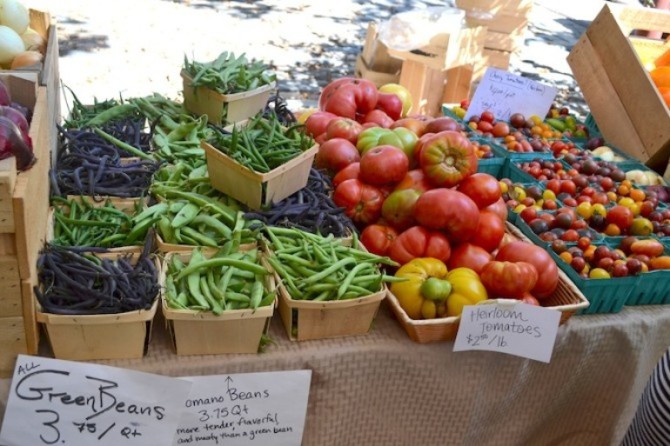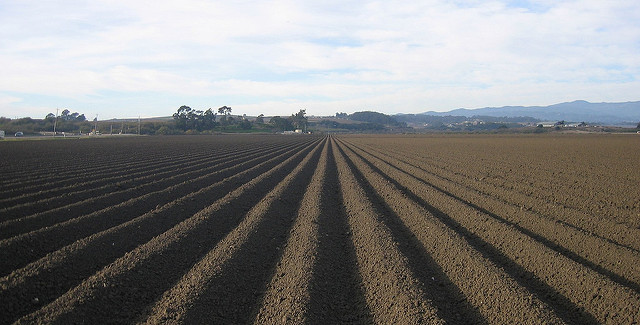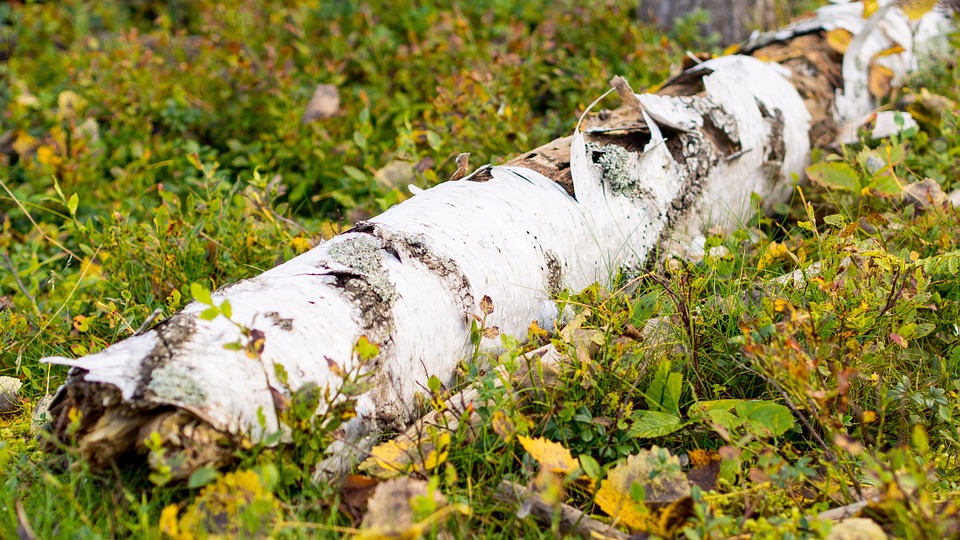We all want to find purpose in our jobs and feel that we are making an impact not just a profit. It’s a feeling that can become addictive, especially for millennials who are determined to make changes in the workforce, as many young people are now demanding to work with companies and people who care about food sustainability.
Rather than placing importance on profit, millennials are fighting for actionable change. And for those of us who want to make the most impact in the realm of sustainability, especially food sustainability, there are a lot of great jobs that are sometimes overlooked as exceptional opportunities to contribute to the world of agricultural sustainability.
Farming

Photo by Amanda Shulman
Currently, our world needs more farmers as the global population continues to grow. The average farmer age in the United States is 58, a reality that has inspired organizations such as National Young Farmers Coalition and The Greenhorns who attract and assist new farmers in modern society.
Sustainable agriculture is all about the production of food, fiber and other plants and animals using farming techniques that protect the environment, public health, communities and animal welfare. Food is produced and animals are raised without any chemical pesticides. Sustainable farms also promote biodiversity and the growth of healthy ecosystems. Naturally, farming is a great job for sustainable food because you are in charge of everything you grow and how you grow it.
Farming Research

Photo courtesy of sethoscope on Flickr
Okay, so maybe you don’t want to do the whole overalls-in-the-field job, but there are other occupational options that don’t involve you actually getting your hands dirty—such as research in land management, consulting, animal welfare and agriculture or food resource.
Restaurant and Food Services

Photo courtesy of Flickr.com
If you have a passion for cooking and want to be a chef—as I secretly wish while knowing I am useless in the kitchen,—or just have dreamed of being an integral part of a restaurant—such as a manager, owner or distributor—your connection to food sustainability is hugely important. The connection is a simple one; serve sustainable food to be sustainable.
But beyond a chef’s choice of ingredients, there are plenty of popular restaurant trends centered around sustainability. Locally sourced meat and seafood, local produce and natural ingredients are important, and more and more consumers who understand that agree that they are willing to pay more for socially and environmentally responsible products and services. The more a restaurant works on decreasing food waste, increasing water conservation energy efficiency and renewable energy, the customers will be. Food waste is estimated at 134 million pounds each year in North America from restaurants alone. Products such as disposable napkins and other packaging adds to the waste stream—not to mention that restaurants typically use 5,800 gallons of water per day. And establishments seeking water saving techniques are turning to experts such as Zero Food Waste for help. It’s these kinds of changes that make for great jobs in sustainability, ones that have a major impact on the environment and food people are eating by choice.
Media and Marketing
Media is necessary for farmers as they need ways to reach their consumers. Businesses seek new customers and food advocates want to make their voices heard on issues they care about. Careers in web design, social media, journalism, graphic design and marketing are great for spreading information and news on food sustainability.
Nowadays, we all get our news, gossip and promotions over social media. We share, post and like things every day—so it’s no wonder that the way to spread the word and practices of sustainability (and/or the actions of the sustainable company you work for) is through media and marketing. Without marketing, consumers won’t know the actions they need to take, or how and why some places are more sustainable than others (and so deserve their business) nor why it’s more beneficial to work with or go to companies that are aware of their impact on the environment.
Law and Policy

GIF courtesy of Theodyssey.com
As a policymaker or lawyer, you can help structure the legal environment that encourages a sustainable food market. For example, The Environmental Law Institute is a research and education group that works to strengthen environmental law by providing analysis for lawmakers.
Public Health

Photo courtesy of pixabay.com
Our health system is hugely impacted by the food we eat and our public health system is threatened more and more every day by rising antibiotic resistance, chemicals and pathogens affecting our food, air, soil and water, depleting natural resources and catalyzing climate change. These have huge effects on all of us, and the issues are all related to food, what we eat and how its produced.
Technology and Entrepreneurs

GIF courtesy of stepfeed.com
Many start ups are playing huge roles in food sustainability. Seed&Chips—an international summit—brings food and technology together in the hopes of bringing a productive food ecosystem in the tech world. Technology is undoubtedly vital to helping and improving our actions toward food sustainability, such as being able to predict the best way to grow crops 50 years from now in order to preserve land and without polluting our air or destroying the earth’s soil.
Don’t just find yourself in a job because you want to make money or because you are scared you won’t find something better. Find a job that will not only support you but will support our planet too. You will find that when you make an impact in the work you do, you become more passionate for your career, and having passion for your career of choice is something people search their whole lives for.




